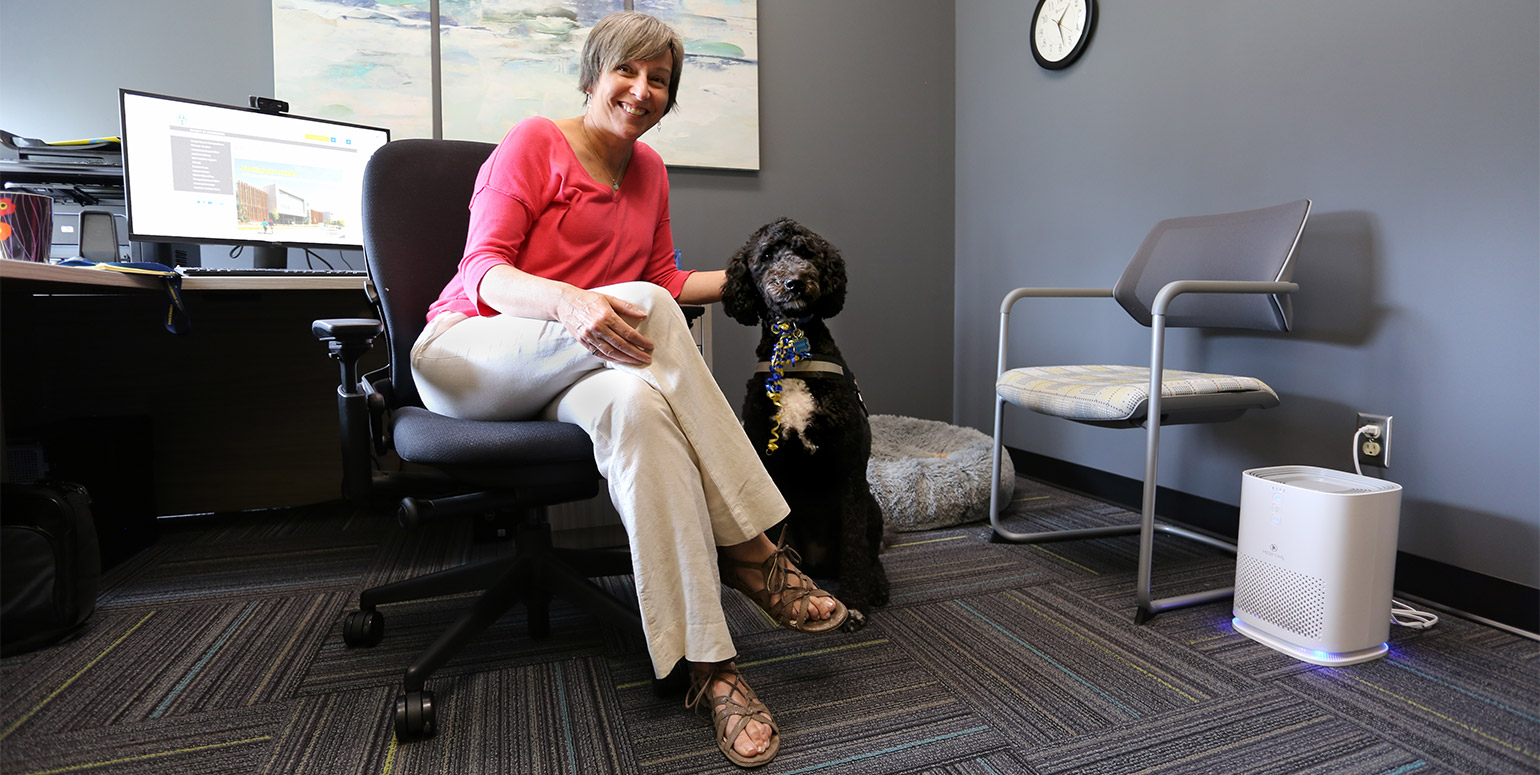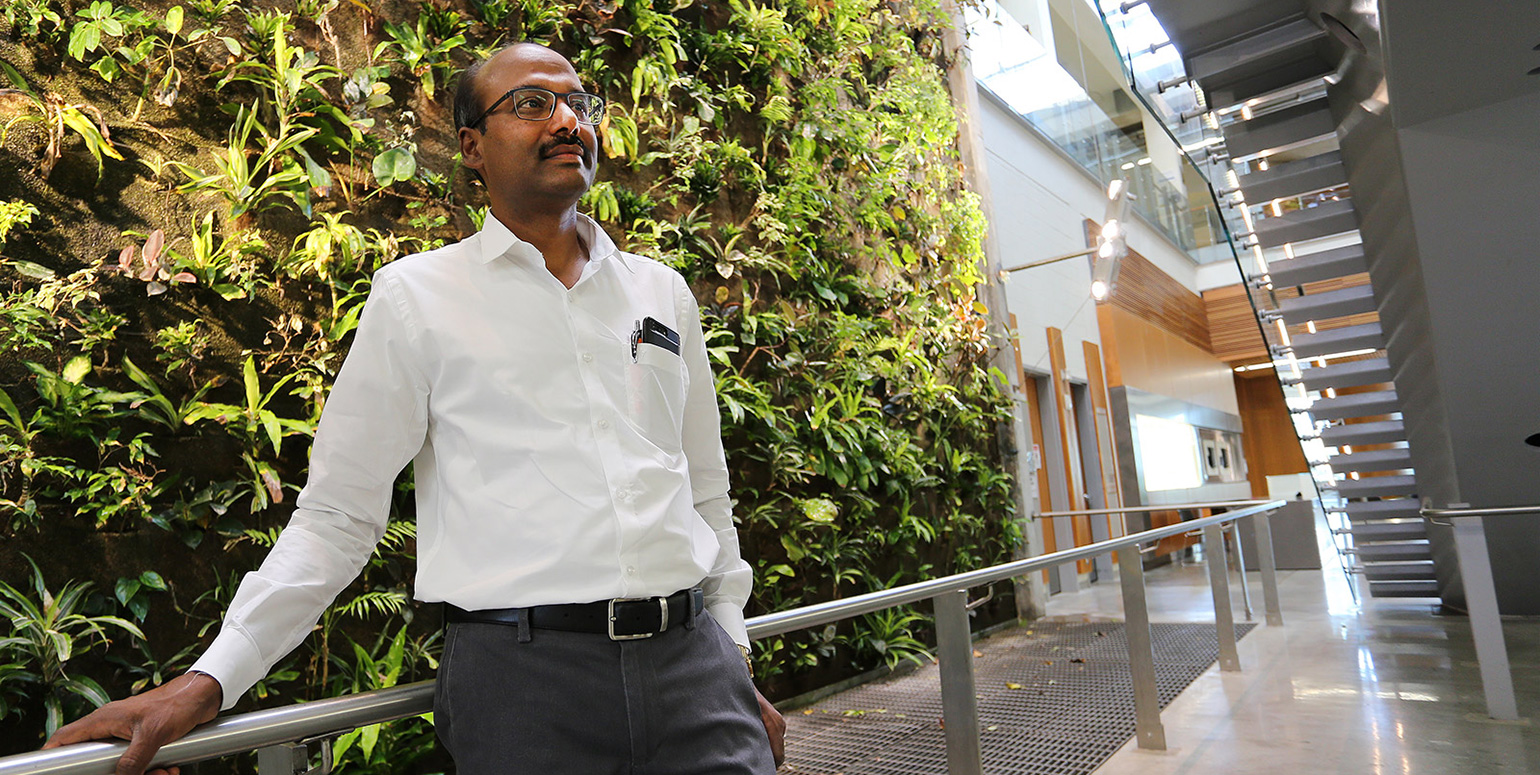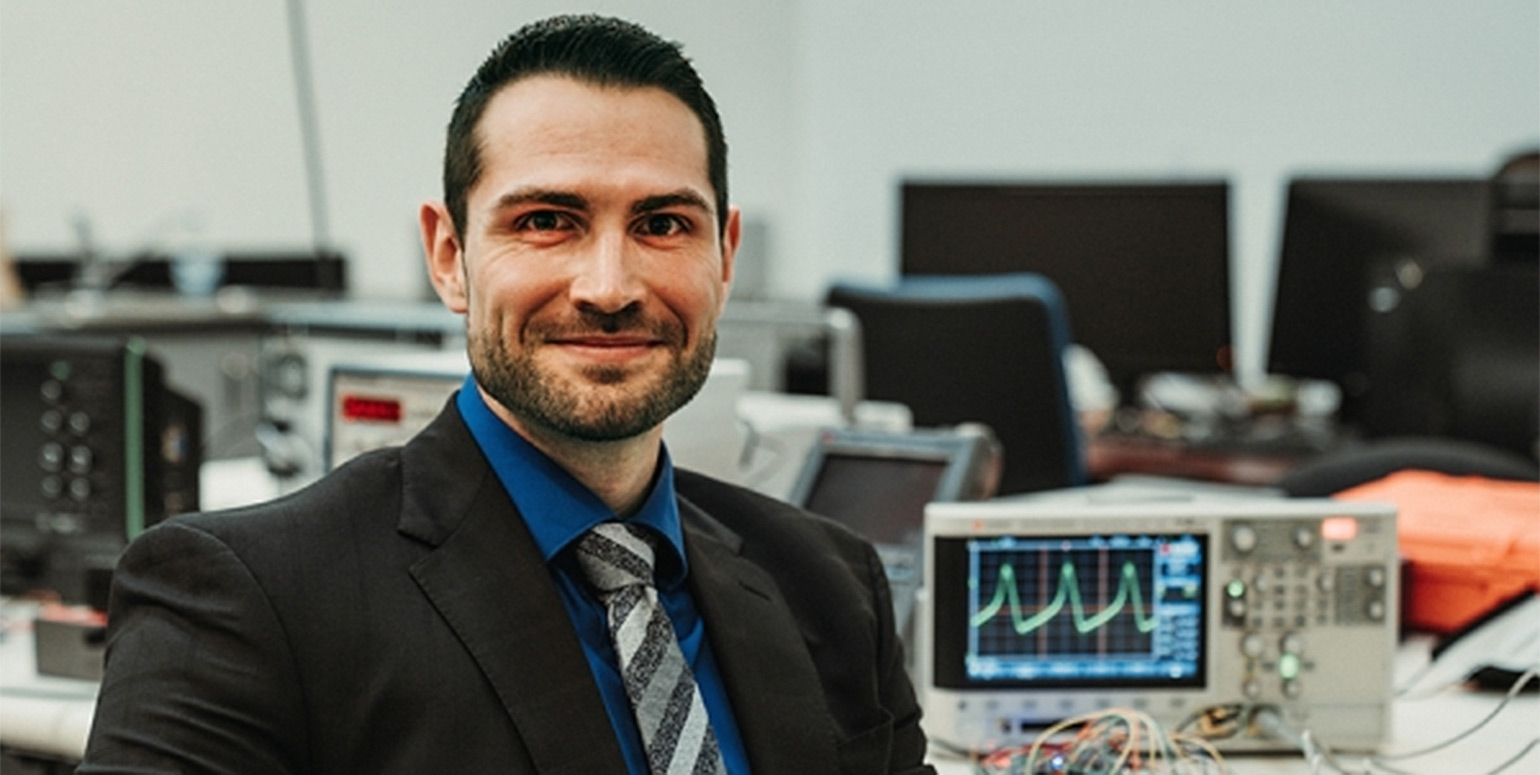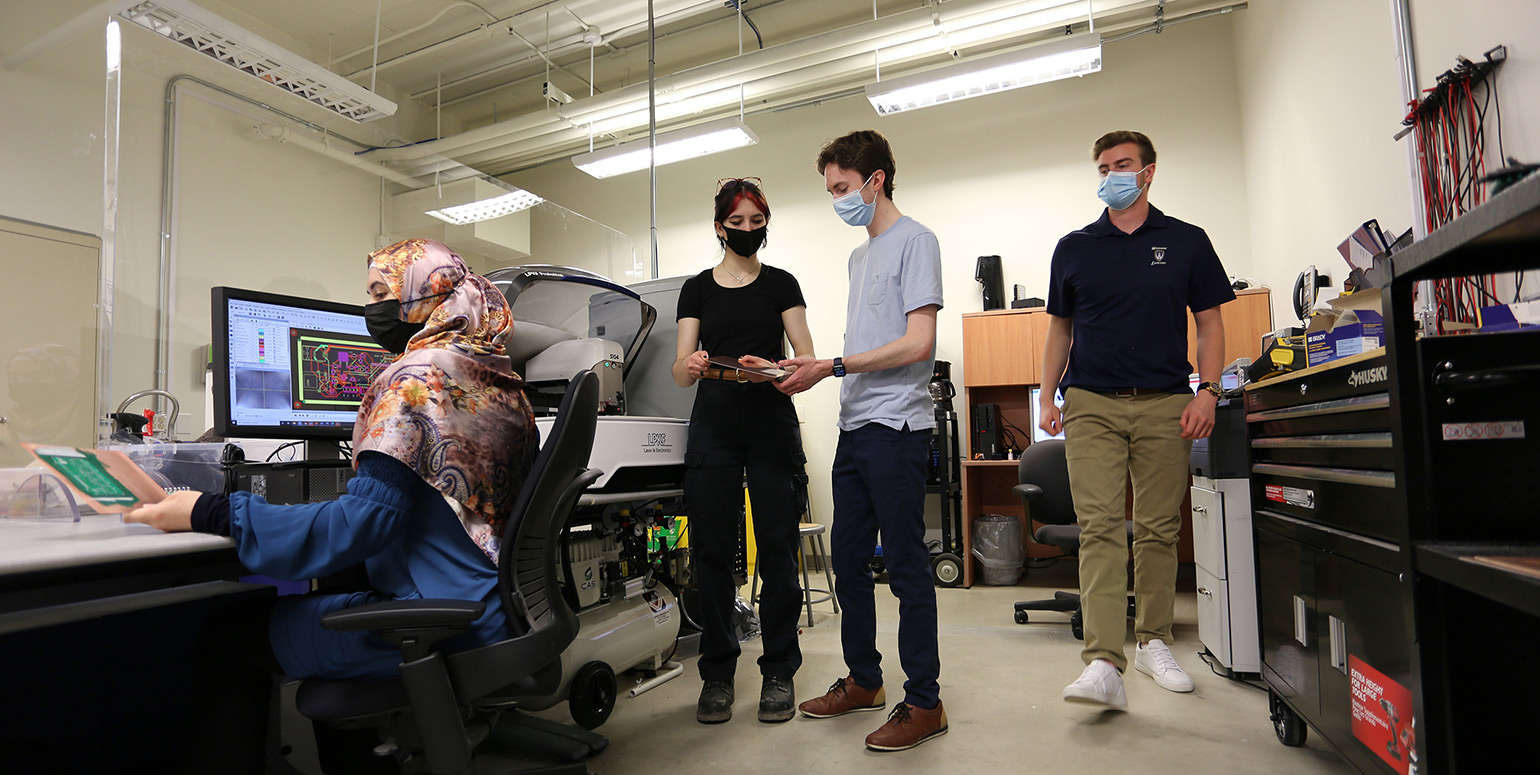
Auto parts manufacturer Magna International will hold a tech talk and recruitment event Thursday in the Centre for Engineering Innovation.
Representatives of Magna International, one of North America’s largest manufacturers of automotive parts, will be on the UWindsor campus Thursday, Aug. 4, to discuss careers with the company.
Presented by the student branch of the Institute of Electrical and Electronics Engineers, the event will offer insight from recent UWindsor grads now working for Magna: what technical skills are in demand, how to apply for a position, and how to kickstart your career in engineering.








